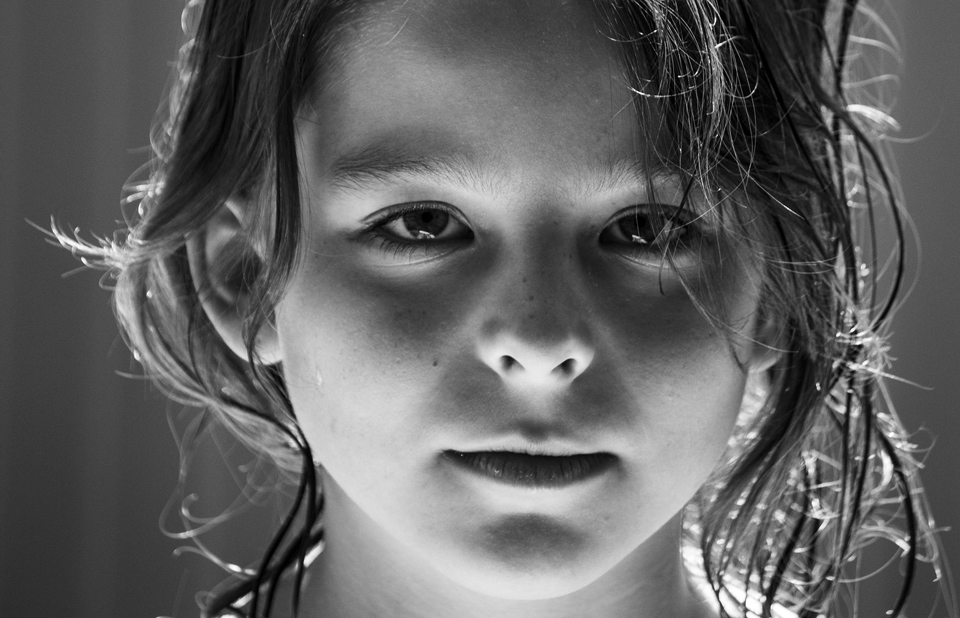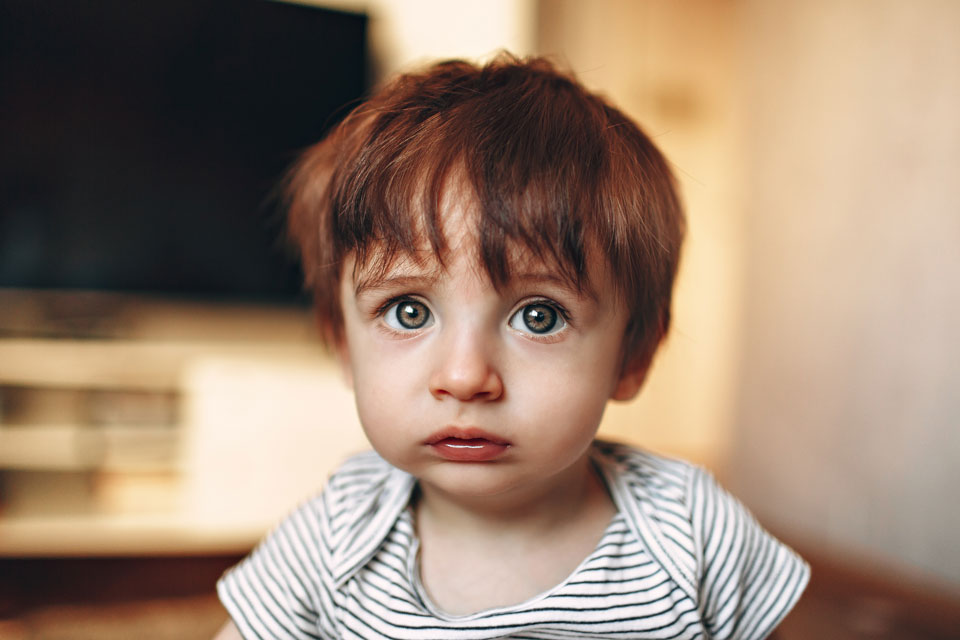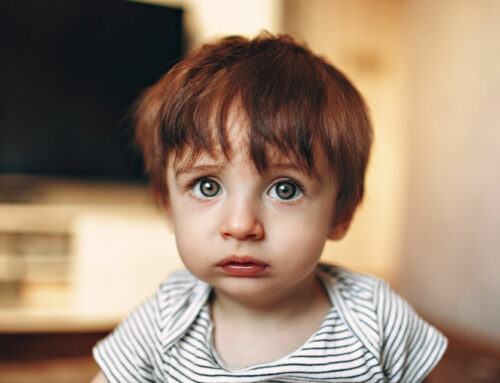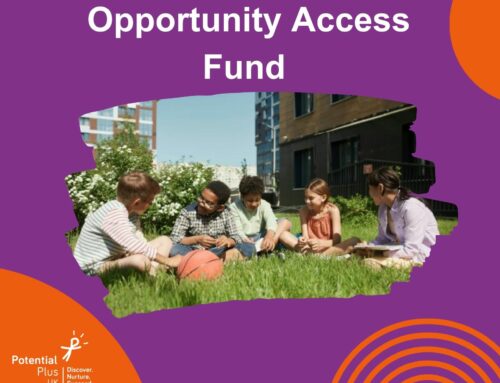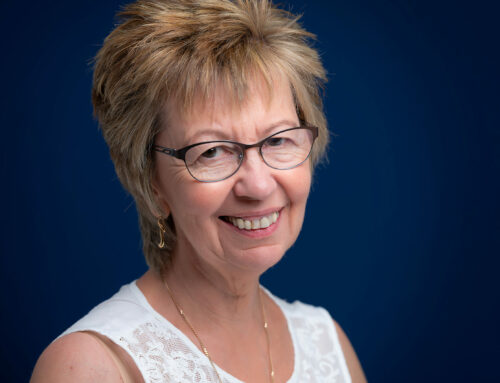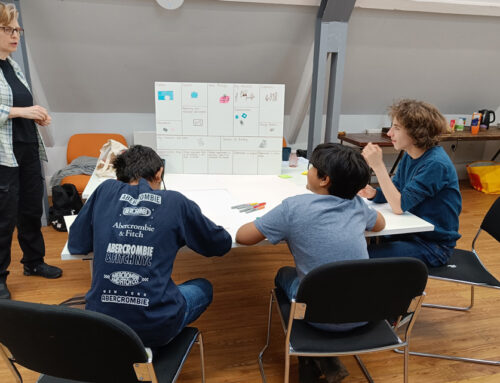What do you do when your child feels that being different – being bright – is wrong? For the parents of Thea*, now aged 9, it has involved a mix of schooling and home education to find the right path for their anxious, super-sensitive, high potential learner.
“Thea was miserable. She laid awake for hours every night in her reception year, anxious, unable to sleep, asking what was wrong with her because she was so different from the other children at school, telling us that she was bored, losing her love of learning, becoming increasingly withdrawn and socially isolated.
I cried in every single meeting we had with the school, where I was accused of putting her under pressure to read when she proudly took in more advanced books that she was reading or being told that she was no different from any other children in her class and that we were imagining her abilities.
Our concerns about her behaviour and mood at home were dismissed because they didn’t see it at school. When we pointed out the differences between Thea’s work and that of examples of children’s work on the wall, we were told we were ‘inappropriately assessing’ other children! They assumed Thea was socially isolated because of social and communication skill difficulties, even though we told them that she mixed well with older children and adults outside of school.“
Thea’s parents arranged for her to have an assessment of high learning potential with Potential Plus UK. Seeing the information in black and white that she was a high potential learner and that they weren’t making up Thea’s abilities, gave them the confidence to advocate for her with her primary school. When the school ignored the recommendations in the report and those later from an educational psychologist involved in the case, Thea’s parents withdrew her from school and started home educating her.
“Home education is not without its challenges – lack of funding support and the impact on our earnings of trying to manage work while home educating was really hard – however, the positives far outweighed it. Thea built up her self-identity, emotional resilience and reignited her love of learning. We built up a network of high learning potential peers for Thea, so she has friendships and social times when she is no longer ‘adapting to fit in’ and is proud of her high learning potential.”
Eventually Thea was happy enough to consider moving onto a new school. This time around, Thea’s parents got help from Potential Plus UK in understanding what kind of school she needed and what kind of adjustments the school would need to make. No primary school in the area was able to offer the adaptation and challenge she needed, so Thea was radically accelerated into secondary, where she is much happier working with older children.
“Finding the right school was key. Her school is flexible and creative. They know that acceleration alone isn’t enough. They encourage her to work outside the box and think differently if she is bored by content or repetition. She is pulled out of classes for one-to-one sessions on her areas of interest so that she can work at a much more advanced level and they understand the value of non-academic interests, so she is able to take real action on social issues that interest or upset her. Non-academic things happen constantly, which offer her variety and they monitor and support her emotional needs – anxiety, sensory issues, friendship tensions.”
Sensory and anxiety issues remain real problems for Thea, and her parents have been surprised by the negativity of some people’s reactions; comments like ‘doesn’t acceleration damage?’ ‘didn’t home education stunt her social skills?’, ‘surely sensory issues aren’t real?’ and ‘aren’t you “making her disabled” by encouraging her pride in her neurodiversity?’ reveal how misunderstood high learning potential issues can be. However, Thea’s parents know that finding the right school and the right support network have helped Thea become a much happier child.
“People assume being gifted is lucky and easy. It isn’t. It’s just different. We think different is fabulous in our family.“
*Thea’s name has been changed. Read about more genuine young people with high learning potential helped by Potential Plus UK in: Family Stories
Potential Plus UK's Advice
Anxiety and Wellbeing
At an early age, children with high learning potential can see that there is a difference between themselves and their peers. Often this can be the source of strong feelings of anxiety – thinking that there is something “wrong” with them.
Some of the causes of anxiety in young people can be:
- Feeling different to their age peers and desperately wanting to fit in, but having difficulty socialising with them because there are no common interests or a different depth of interest, vocabulary, sense of humour
- Understanding real world issues earlier than their peers
- Being bored at school
- Being bullied for their abilities1
- Perfectionism
- Finding things too easy and then struggling when finally faced with challenge
- Feeling pressure to perform to their own or other’s high standards and struggling with failure
Government statistics for England in 2023 show that 1 in 5 children and young people aged 8 to 25 years had a probable mental disorder (8 to 16-year-olds – 20.3%; 17 to 19-year-olds – 23.3%; 20 to 25-year-olds was 21.7%). Mental Health of Children and Young People Survey 2023
This pales in comparison to statistics from our own wellbeing surveys: in our June 2022 survey 81% of young people supported by Potential Plus UK have suffered with anxiety, whilst 34% have suffered with other mental health issues.
For resources to help with anxiety in young people see:
- Information Page: Anxiety in Young People with High Learning Potential
- Advice Sheet: PA606 Worry and Anxiety in High Learning Potential Children
- Blog: Worrying Times: A Resource Round-up for Real World Anxieties
- Blog: Bullying and High Learning Potential
- Other Wellbeing Resources from Potential Plus UK
- Young Minds https://youngminds.org.uk/find-help/
Members can download advice sheets for free by logging into the Members’
Area and accessing the Member Advice Sheet Alphabetical Index
Home Education
Although education for all children aged 5-18 is compulsory, that education does not have to take place in a school setting.
For some parents home education is a natural choice. For many parents of children with high learning potential, the inflexibility of school, lack of challenge and the unhappiness of their child in a school setting – which affects a child’s wellbeing and mental health – makes them choose this route.
National government statistics from autumn 2023, show an estimated 92,000 children were in elective home education (EHE) in England. https://explore-education-statistics.service.gov.uk/find-statistics/elective-home-education
To discover more about home education, particularly relating to children with high learning potential see our advice sheet PA302 Home Education
To learn basic information about your rights to home educate your child in the UK and to offer resources, the BBC has created a Home Education Hub as part of their parents’ toolkit https://www.bbc.co.uk/bitesize/groups/cmmmv299zm8t
More Resources from Potential Plus UK
- Advice Sheet: PA306 Finding a School for a High Learning Potential Child
- Advice Sheet: PA308 Educational Acceleration
- Blog: Ask Away: How To Effectively Advocate & Speak Up For Your Child with High Learning Potential
- Information Page: Gifted Advocacy
Potential Plus UK Services
- Access to an assessment of high learning potential helped Thea’s parents to understand her better. Find out more at: Assessments for Children
- Thea’s parents were members of Potential Plus UK and able to take advantage of free half hour calls with our advisors to help support them while they first home educated and then found a new school for Thea. Find out more about our Advice Service
- Discover other benefits of membership at: Family Membership
Note:
1 “Children aged 11 to 16 years with a probable mental disorder were 5 times more likely than those unlikely to have a mental disorder to have been bullied in person (36.9% compared with 7.6%). They were also more likely to have been bullied online (10.8% compared with 2.6%)”. (Mental Health of Children and Young People Survey 2023)
About the Author: Geraldine Glover is Potential Plus UK’s Community Information Coordinator. She is a Chartered Information Professional with a background in editorial work and information science. She is the mother of two children with high learning potential.

